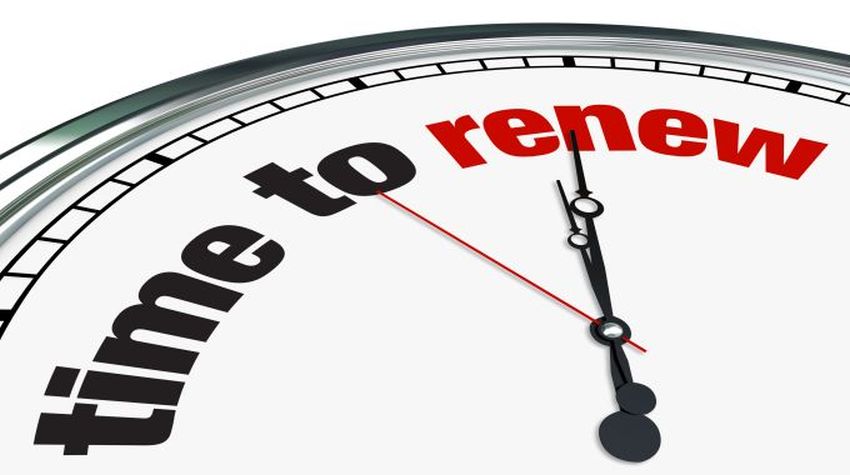If you’re a homeowner, your mortgage is likely one of the most significant financial commitments you’ll ever make. The mortgage renewal process is a critical milestone that deserves careful consideration. This article will guide you through the steps you should take when renewing your mortgage, helping you make informed decisions that align with your financial goals.
Understanding Mortgage Renewal
Mortgage renewal is the process of renegotiating the terms of your existing mortgage agreement once your current term expires. In Ontario, mortgage terms typically last anywhere from one to five years. When your term is up, you have the option to renew your mortgage with your current lender or explore other options in the market.
Renewal is an excellent opportunity to reassess your financial situation, review your mortgage terms, and potentially take advantage of better interest rates or terms. It’s not an automatic process; you need to be proactive and take the necessary steps to secure a favorable renewal.
Why Mortgage Renewal Matter
Mortgage renewal can significantly impact your financial well-being. Here are a few reasons why it’s crucial to approach it with care:
- Financial Stability: Your mortgage is likely your most substantial financial obligation. Renewing at a higher interest rate or unfavorable terms could strain your budget and affect your overall financial stability.
- Savings Opportunity: A lower interest rate can lead to substantial savings over the life of your mortgage. Mortgage rates can fluctuate, so renewing at the right time can save you thousands of dollars.
- Customization: Renewal allows you to customize your mortgage to better fit your current financial situation and goals. You can choose a different term, payment frequency, or even make additional lump-sum payments.
- Switching Lenders: You’re not obligated to renew with your current lender. Exploring other lenders may result in more competitive rates and terms, potentially benefiting your financial situation.
Steps to Take When Renewing Your Mortgage
Now that you understand the importance of mortgage renewal, let’s delve into the steps you should take to ensure a smooth and beneficial process:
1. Start Early
Don’t wait until the last minute to initiate the renewal process. Start at least four to six months before your current mortgage term expires. This gives you ample time to evaluate your options, research rates, and make informed decisions.
2. Review Your Current Mortgage
Begin by thoroughly reviewing your current mortgage agreement. Take note of your interest rate, remaining balance, term length, and any specific terms or conditions. Understanding your existing mortgage terms is essential for making informed decisions during renewal.
3. Assess Your Financial Situation
Evaluate your financial goals, income, and expenses. Determine whether your circumstances have changed since you first obtained your mortgage. Consider factors like job stability, family size, and other financial commitments. This assessment will help you determine the type of mortgage that best suits your needs.
4. Shop Around for Rates
One of the most crucial steps in the mortgage renewal process is shopping around for competitive rates. Contact multiple lenders, including your current one, to inquire about their renewal offers. Compare interest rates, terms, and any additional benefits or incentives.
5. Negotiate with Your Current Lender
Once you’ve gathered renewal offers from different lenders, don’t hesitate to negotiate with your current lender. They may be willing to match or beat the offers you’ve received from other institutions to retain your business. Negotiation can potentially lead to more favorable terms and conditions.
6. Consider Your Mortgage Term
Choose a mortgage term that aligns with your financial goals. Shorter terms typically come with lower interest rates but higher monthly payments, while longer terms offer stability with fixed monthly payments but slightly higher interest rates. Consider whether you want a fixed or variable rate mortgage based on your risk tolerance.
7. Think About Payment Frequency
Select a payment frequency that suits your budget and financial habits. Options typically include monthly, bi-weekly, or weekly payments. Making more frequent payments can help you pay off your mortgage faster and save on interest.
8. Review Additional Features
Pay attention to any additional features offered with your mortgage, such as the ability to make lump-sum payments or increase your regular payments. These features can help you pay down your mortgage more quickly and save on interest costs.
9. Seek Professional Advice
Consider consulting a Mortgage Broker for guidance. They can help you navigate the renewal process, provide expert advice on your financial situation, and connect you with lenders offering the best terms to suit your needs.
10. Lock in Your Rate
Once you’ve chosen a lender and agreed on the terms, it’s essential to lock in your interest rate. Interest rates can fluctuate, so securing your rate ensures you won’t be affected by any potential increases before your renewal date.
11. Complete the Renewal Process
After finalizing your mortgage renewal agreement, your lender will provide you with the necessary documents to complete the process. Review these documents carefully and seek legal advice if needed. Once everything is in order, sign the renewal documents to formalize the agreement.
Mortgage renewal in Ontario is a crucial financial decision that can significantly impact your long-term financial health. By following these steps and taking a proactive approach, you can make informed choices that align with your financial goals. Remember to start early, assess your financial situation, shop around for rates, and negotiate with your current lender to secure the best possible mortgage terms. With careful planning, you can ensure that your mortgage renewal process leads to a more secure financial future.



